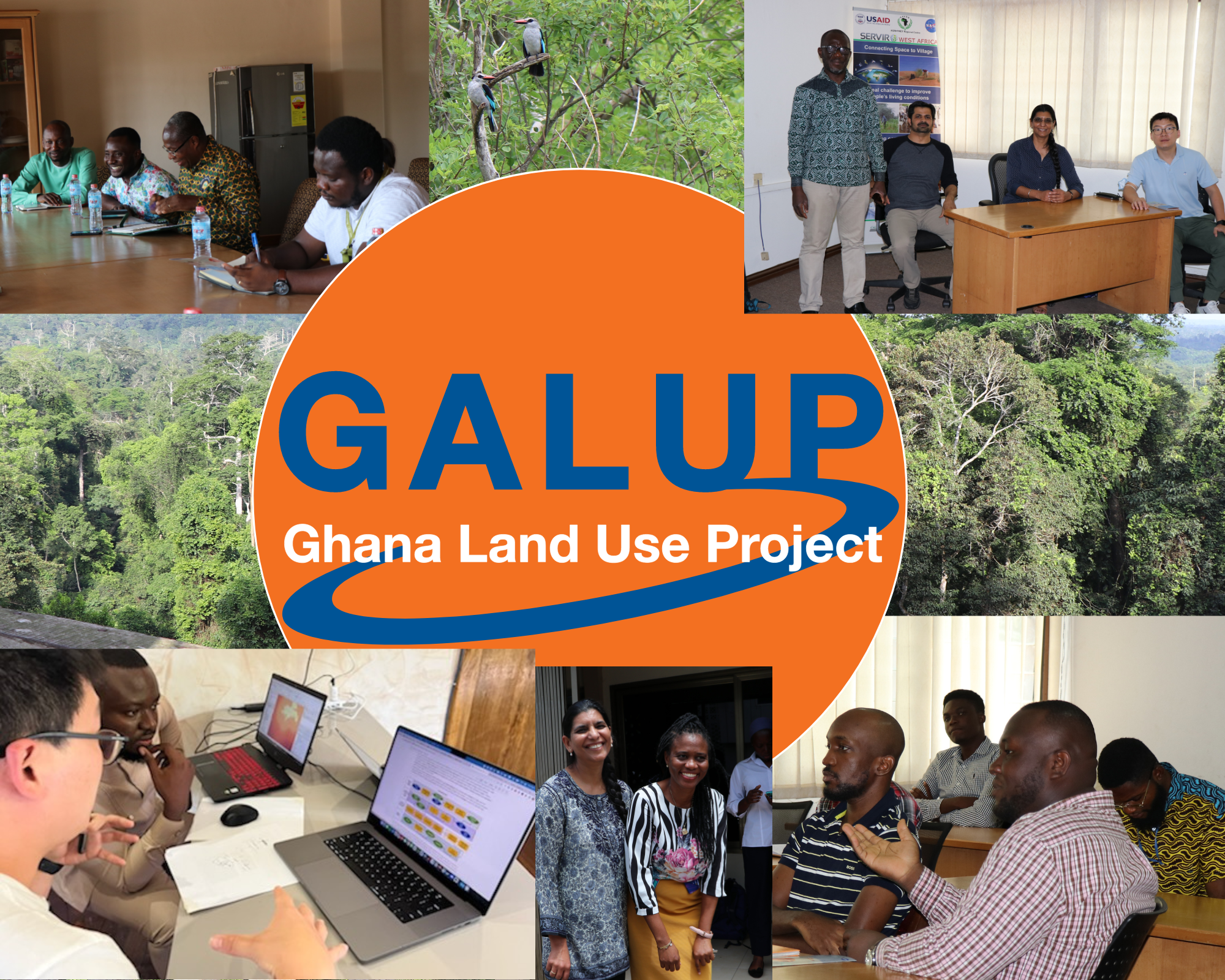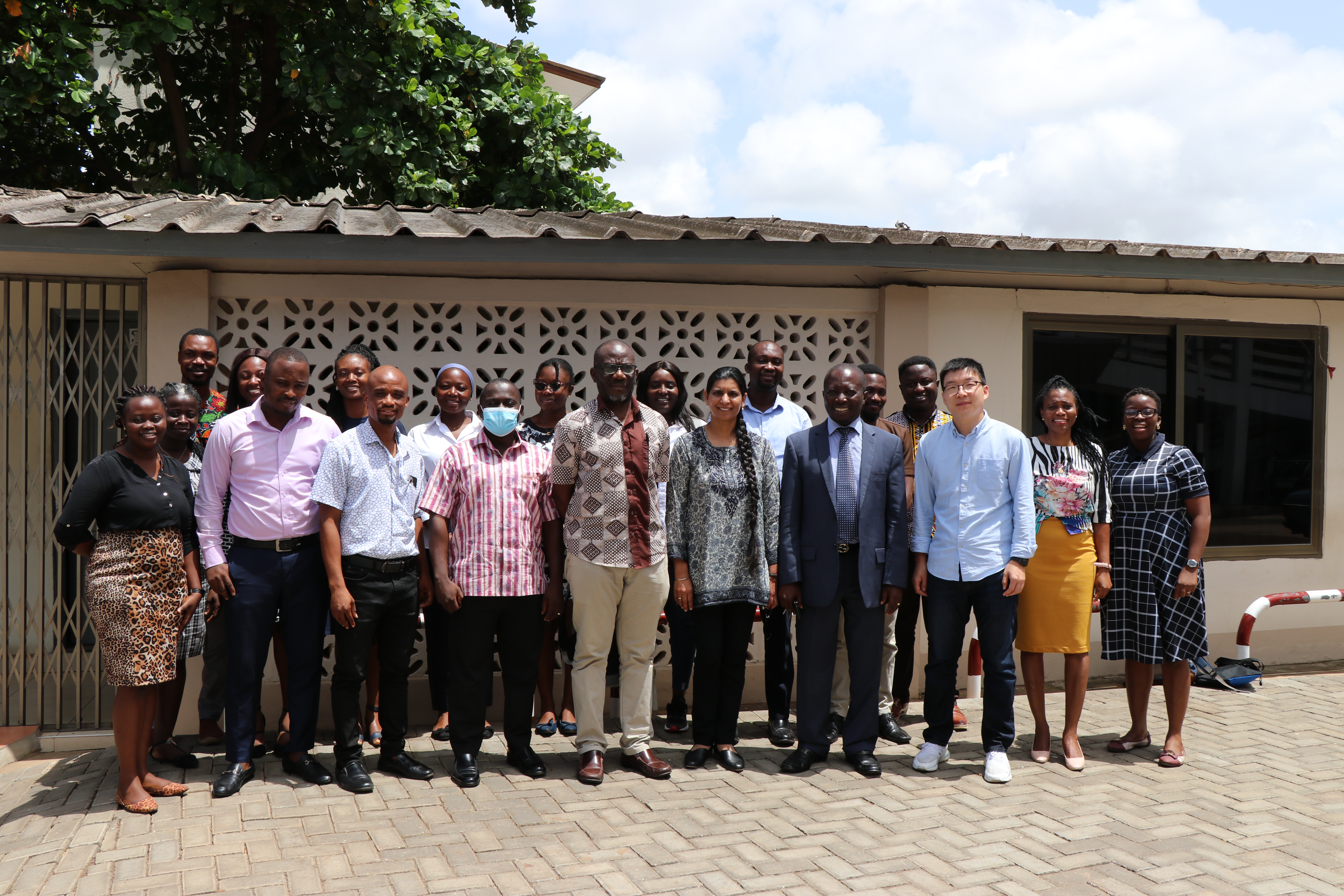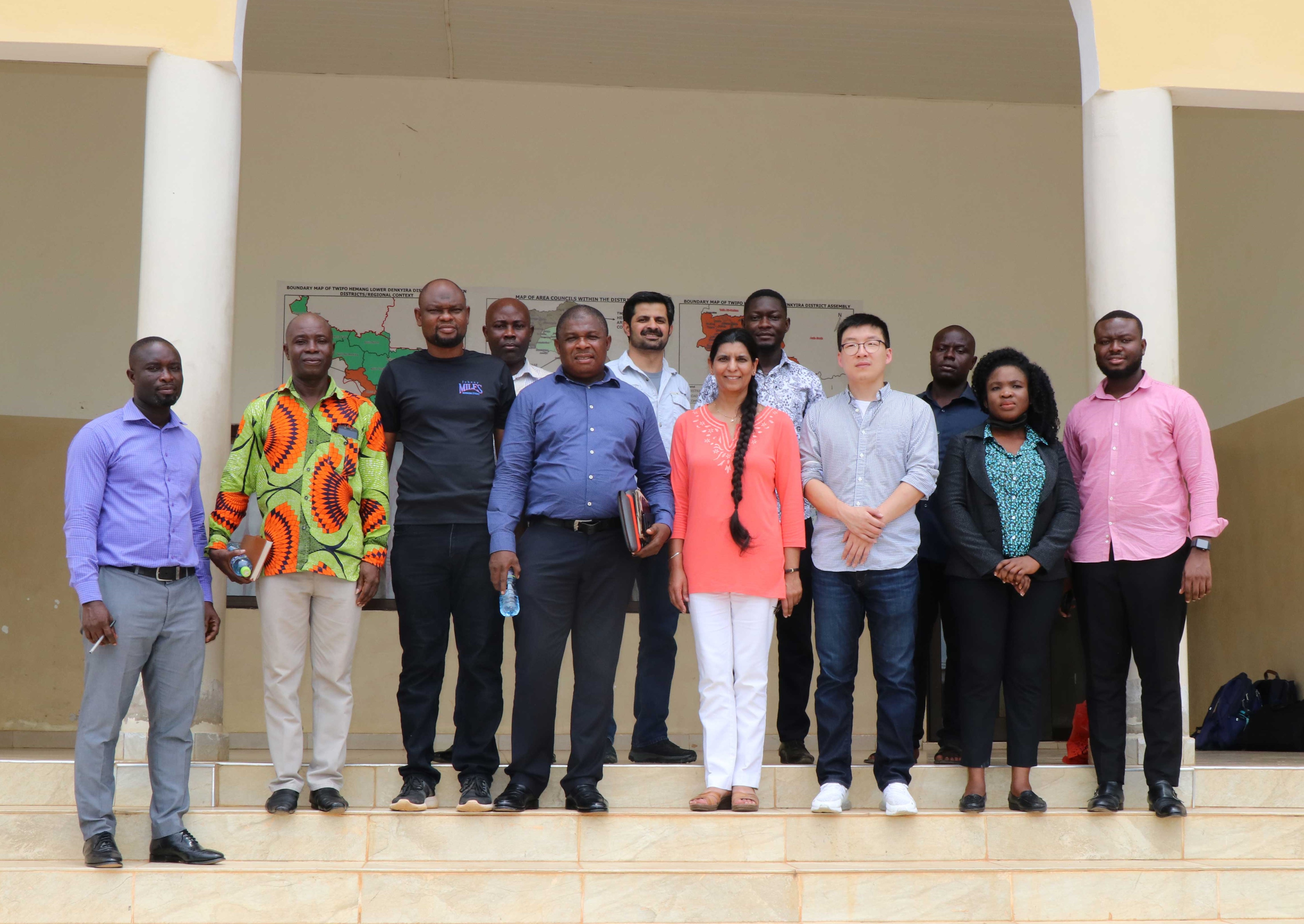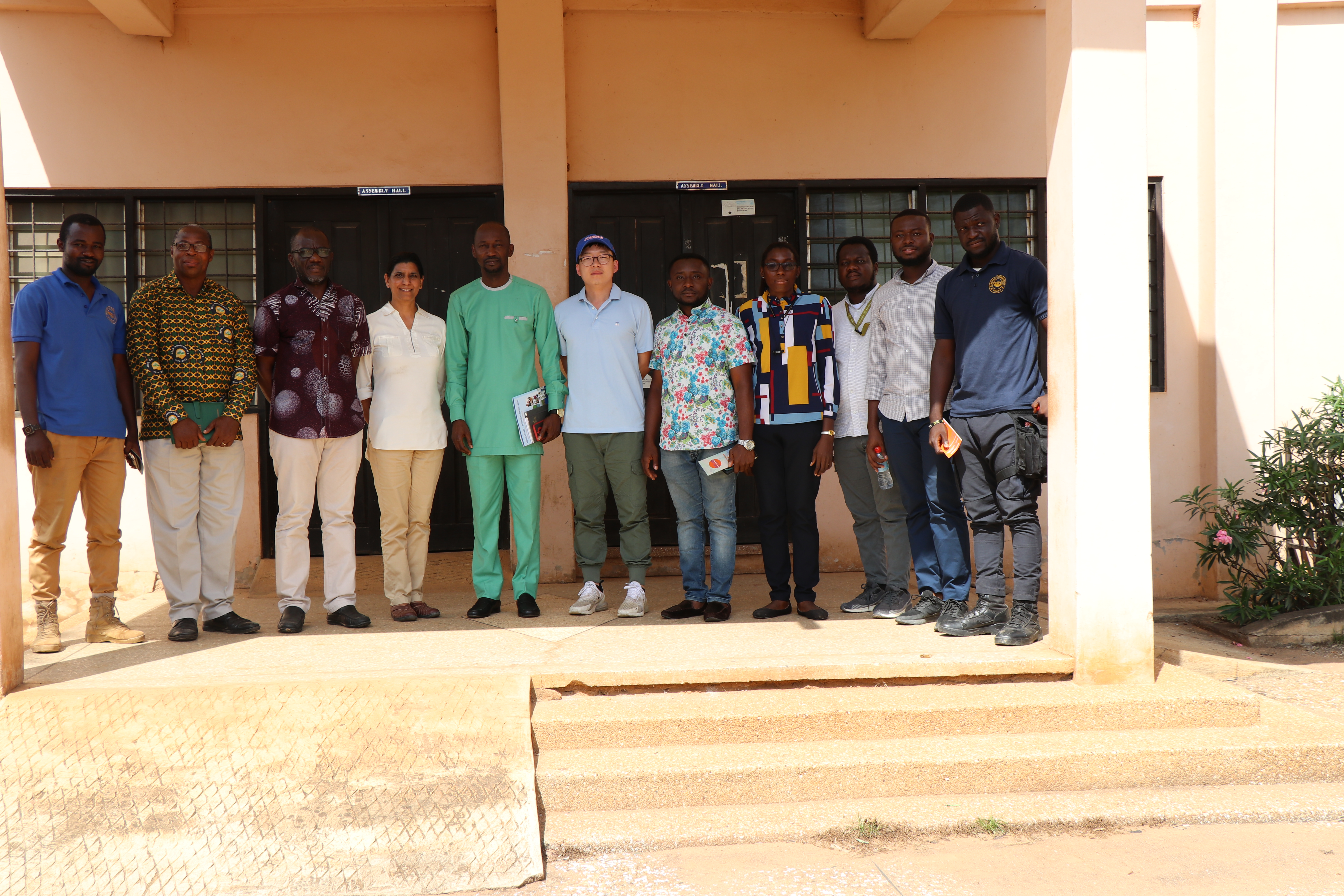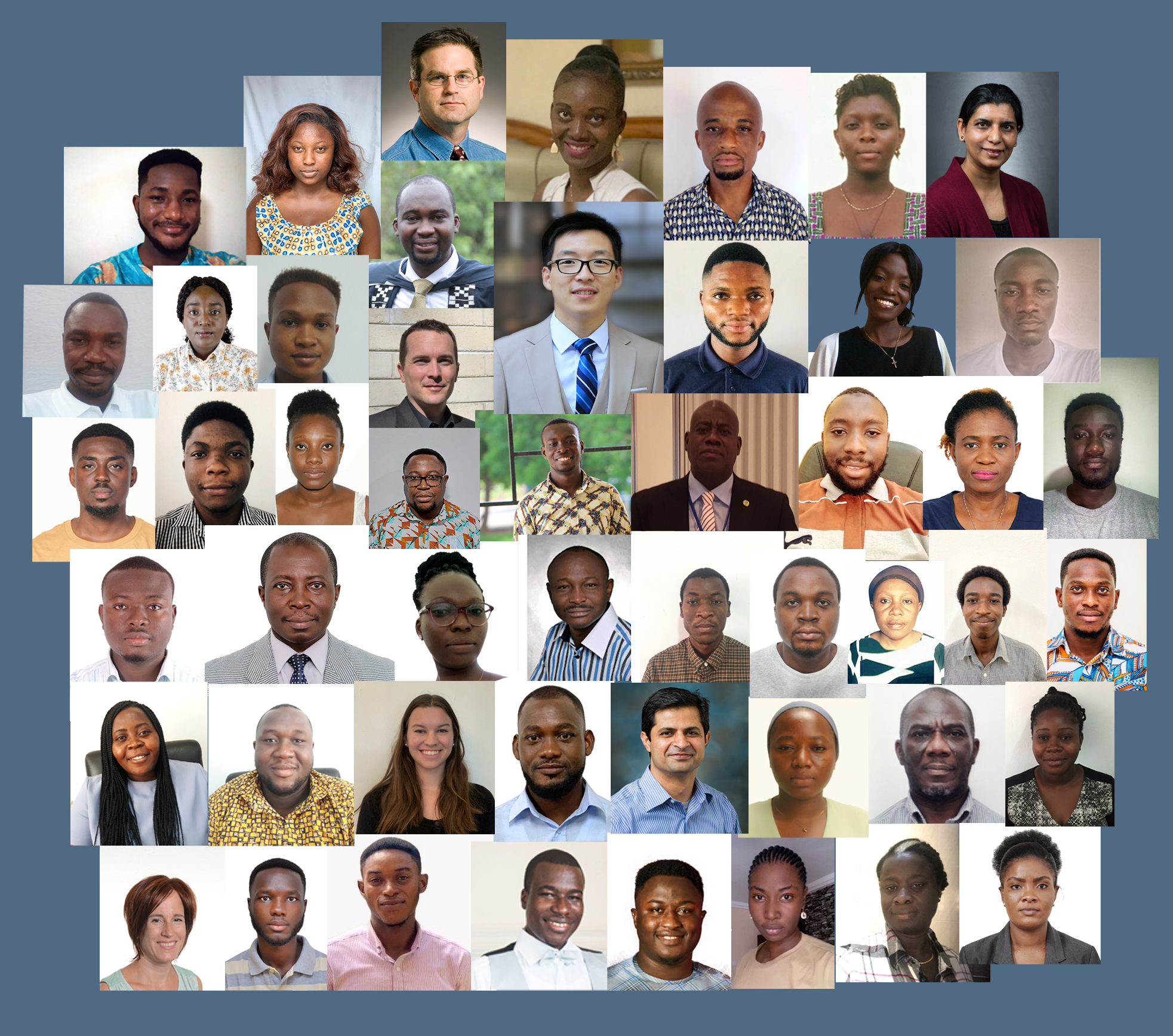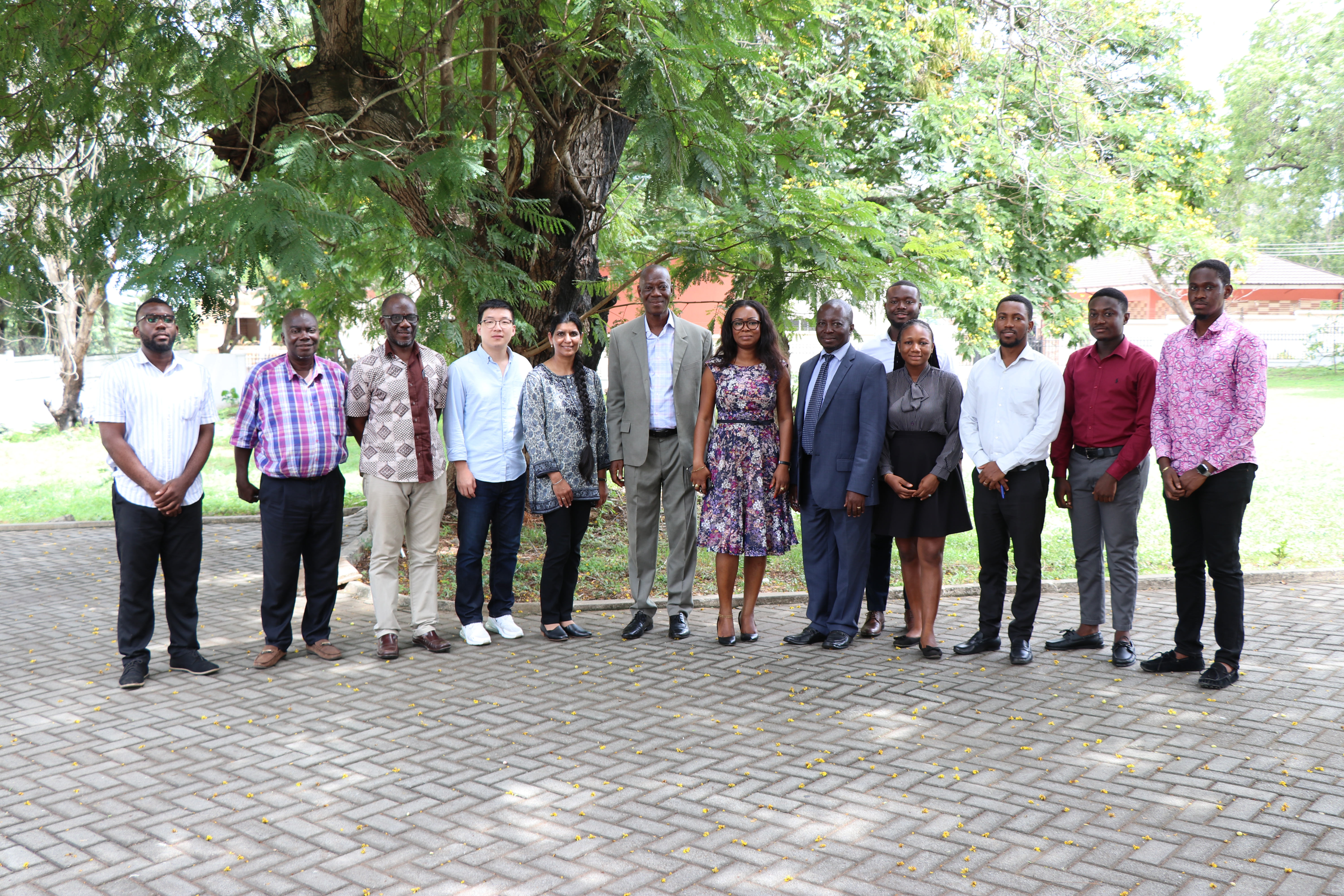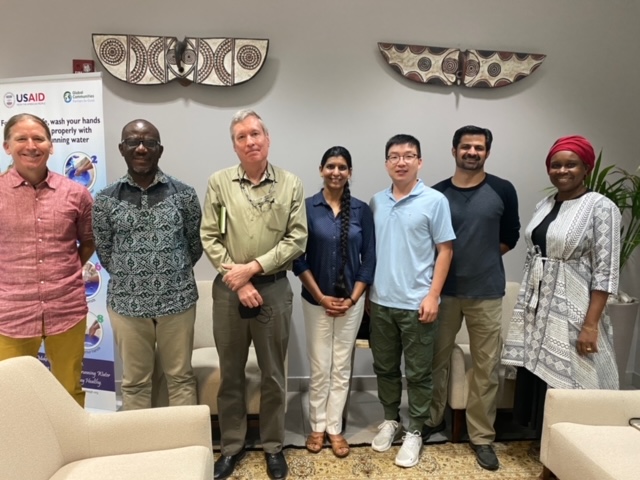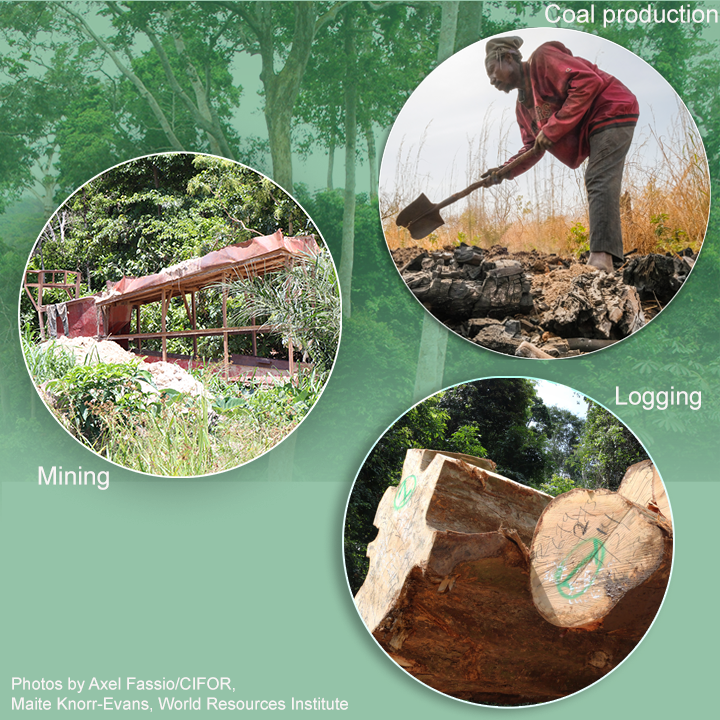In Ghana much like anywhere in the world, processes governing land cover change are representations of complex interactions between extant biota, human-mediated modifications, variations in climate and landscape physiography, and land use legacies that can stretch for decades in history. In certain locations in Ghana however, landscapes may be changing in ways that might not be conducive to supporting ecosystem services that are critical to supporting human activities and/or the integrity of natural ecosystems. Unmitigated, these changes can be deleterious to the sustenance of critical processes over time. This is especially true in light of recent climate change and population growth and migration.
In particular for Ghana, landscapes are under pressure from farmlands expanding into forested regions, and the expansion of cities over forests and agricultural land. In addition, unregulated activities such as galamsey and charcoal extraction may create hot-spots of change that are precursors to further land degradation. Mitigating these deleterious changes and the restoration of ecological function is of major interest to the National Government and several agencies responsible for social, economical, and environmental sustainability.
Working in close collaboration with government agencies in Ghana, such as the Land Use and Spatial Planning Authority (LUSPA) and the Ghana Statistical Service (GSS), the Program includes two projects that utilize remote sensing and geographical information systems (GIS) to help inform and guide land management efforts accross Ghana.The land use planning project (GALUP-LUP) aims at understanding the linkages between deforestation, urbanization, and agricultural expansion. The Land degradation assessment project (GALUP-LDAP) aims at developing appropriate technologies to help monitor artisanal mining and charcoal production in Ghana.
The GALUP project has been awarded by SERVIR, a joint venture between NASA and the U.S. Agency for International Development to help developing countries use Earth-observing satellites and geospatial technologies for managing climate risks and land use. It is led by Professor Jasmeet Judge in the Agricultural and Biological Engineering (ABE) Department at the University of Florida (UF), in collaboration with researchers from UF, the Centre for Remote Sensing and Geographic Information Services (CERSGIS) in Ghana, and the University of Ghana. Follow us on Twitter.

